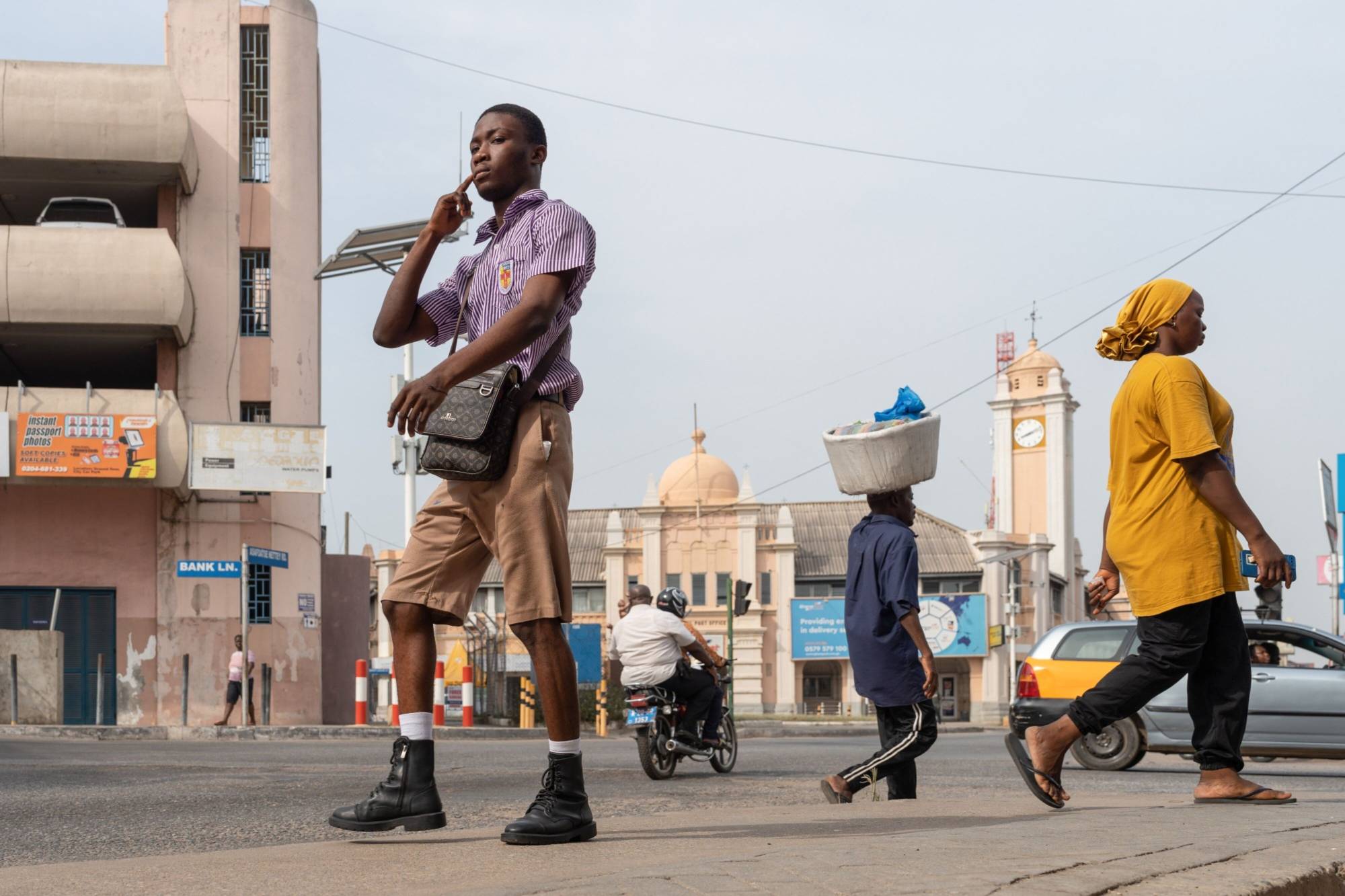
As India attempts to catch up with China in terms of increasing its influence on the resource-rich continent, Africa has surpassed Asia as the second-largest beneficiary of credit from that nation.
According to Harsha Bangari, managing director of India’s Export Import Bank, 42 African countries got $12 billion, or 38%, of all loan from India during the past ten years, just a few percentage points behind their neighbours.
According to Bangari, the bank is a tool for India’s “economic diplomacy,” and the South Asian nation has opened 195 project-based lines of credit across Africa in the past ten years—195 more than it has in its own region.
According to her, “Africa has made good use of credit lines,” which were provided for projects involving irrigation, infrastructure, agriculture, and health care. She also noted that India’s demand is steadily rising.
India has recently made an attempt to interact with nations on Africa, the second-largest continent in the globe, but its efforts have trailed behind those of its larger and wealthier neighbour. According to data from Boston University’s Global Development Policy Centre, China pledged $134.6 billion to African countries in the ten years leading up to 2020, even though its loans to Africa have decreased since 2016. That is nearly 11 times what India has provided.
China has also taken the initiative to access Africa’s mineral riches. The country in North Asia is using new lithium supply hubs to get around a competitive market for a crucial metal for electric vehicles.
The nation also purchases the most bauxite from Guinea, which has one of the largest reserves of the alumina-making mineral in the world and is working to develop the largest untapped high-grade iron ore deposit in the West African country.
However, the administration of Prime Minister Narendra Modi has pushed for deeper engagement with Africa, strengthening both diplomatic and economic ties. New Delhi sees an opportunity to expand farther into the continent as it struggles with the pandemic’s economic effects and Russia’s conflict in Ukraine.
China’s Ministry of Foreign Affairs stated in an email that “supporting Africa’s development is in the common interest and responsibility of the international community.” The development of African nations is also aided by the diversification of their financial partners.
18 of the 25 new Indian embassies or consulates that opened in the past nine years were located in Africa. 48 African nations were guests at the Voice of Global South summit in India in February. Modi has also promoted India as a spokesperson for the Global South and used forums like the country’s G-20 leadership to raise awareness of the debt difficulties in developing countries.
In a speech on June 28, India’s Foreign Minister Subrahmanyam Jaishankar stated, “We are trying to think 25 years from now.” And we should consider where we might be in 2047 and what we should be doing right away to get ready for it.
China receives more funding than India, but New Delhi allows governments to pick what they need without imposing the kind of vanity projects Beijing is frequently criticised for, according to Bangari.
According to Bangari, India is actively involved in a number of African industries, including energy, transportation, social housing, water, and increasingly, healthcare and defence.

















